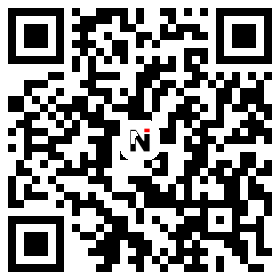The United States is going to open up a new battleground for trade friction? US media said it might start a new round of 301 surveys
In April 16th, the Wall Street Journal reported that the United States is studying anti - system measures against China's so-called "unfair restrictions" on us cloud computing and other high-tech service providers, thus opening a new battleground for the Sino US "trade war".
The US Trade Representative Office (USTR), the main force to pick up trade frictions between China and the United States, may once again use the "301 survey" tool to launch a new round of trade complaints, saying that China has set a so-called "unfair" limit on American enterprises in the field of high-tech services.
According to the people familiar with the matter, the U.S. Trade Representative's office believes that targeting cloud computing will gain public support, but has not yet decided whether to take this step. The agency said U.S. companies such as Amazon and Microsoft must set up joint ventures and transfer technology to China if they want to do cloud computing business in China. The Alibaba and other Chinese enterprises are completely unrestricted in the US.
The so-called 301 investigation means that the president of the United States, in accordance with the 301st clause of the 1974 trade act, can unilaterally impose tariffs or other trade restrictions to protect its industries from "unfair trade practices" in other countries, such as "disparate treatment", such as violations of trade agreements or the increase of the burden of American enterprises. .
In 1980s, the 301 clause was used by the United States to deal with the import trade of Japanese Motorcycles, steel and other goods, but since the founding of the WTO in 1995, the United States government has rarely used the strong unilateralism of the tools.
On August 18, 2017, Letterschizer officially announced the launch of 301 investigation in the fields of technology transfer, intellectual property rights and innovation in China.
In April 3, 2018, the United States issued a list of recommendations on tariff products added to China's "301 survey", involving about US $50 billion exports, with emphasis on information and communications technology, aerospace, robotics, medicine, machinery and other industries. A few hours later, the Chinese side announced the reciprocal measures to levy taxes on US $50 billion commodities such as soybeans, automobiles and chemicals imported from the United States.
In April 5th, Trump suddenly ordered the office of the United States trade representative to consider adding tariffs to 100 billion dollars of Chinese products. The Chinese side responded that it would go to the end and pay no price at all.
If the office of the United States trade representative starts the 301 investigation again, it is another round of containment in the field of science and technology in China. It is worth mentioning that in April 16th, the Secretary of Commerce of the United States, Ross, announced that the US Commerce Department would ban American businesses from selling components to ZTE because of the unfulfilled settlement agreement of China Telecom equipment dealer ZTE. The time could be up to 7 years.





